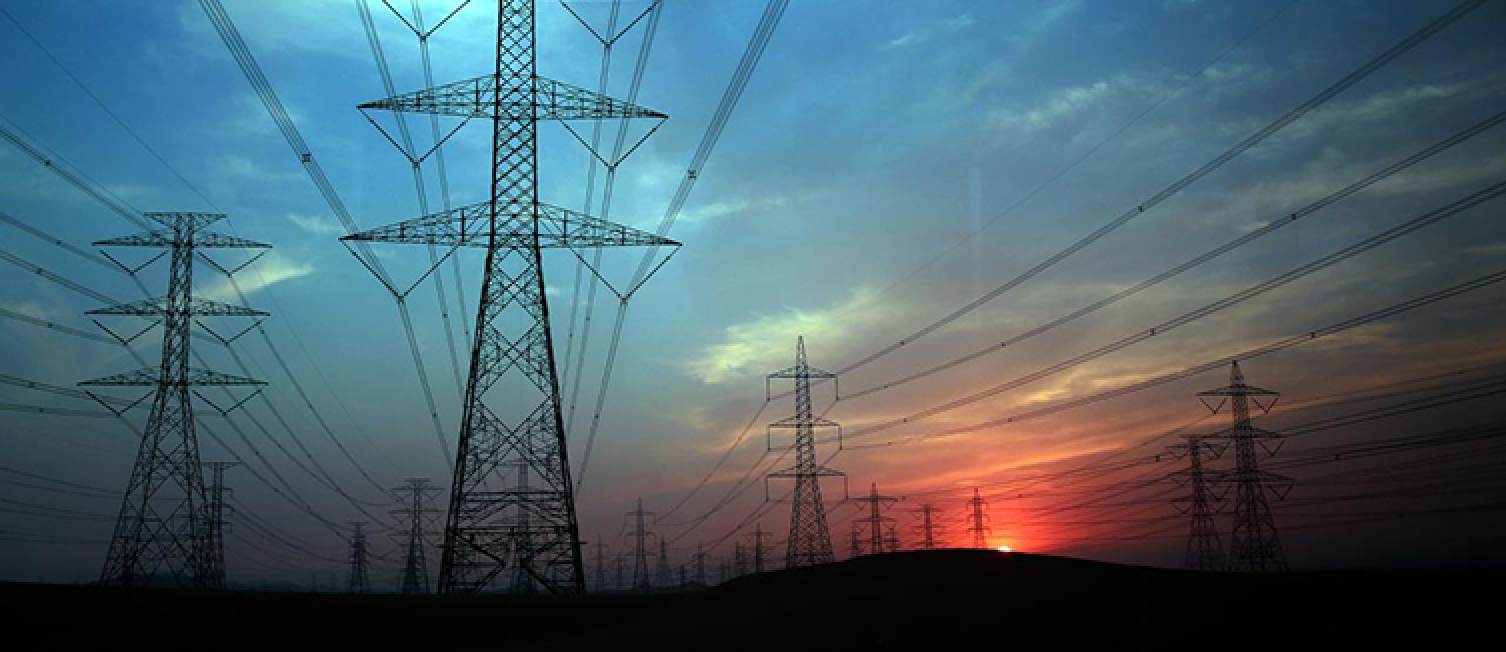
Industry Group Creates UC Davis Energy Economics Fellowship
Inaugural award goes to doctoral student to explore competition in the power markets
January 28, 2022—Energy economics studies at UC Davis recently received an investment in its future with a power industry group’s creation of a graduate student fellowship.
The Western Power Trading Forum (WPTF), a Sacramento-based association that advocates for competitive market rules in Western states, funded the fellowship for five years to help cultivate the next generation of energy thought leaders.
“The fellowship is intended to recruit and support the top graduate students interested in pursuing a career in the area of the Western energy market,” the forum said in a video announcement on LinkedIn.
The fellowship is a first for the UC Davis Energy Economics Program (DEEP), said David Rapson, a professor of economics who co-directs the program with colleague James Bushnell, also a professor of economics.
DEEP brings together eight faculty members and an active community of graduate students from two departments in two colleges at UC Davis — Economics in the College of Letters and Science, and Agricultural and Resource Economics in the College of Agricultural and Environmental Sciences.

The yearlong WPTF Graduate Fellowship, which comes with $10,000, will be awarded to a graduate student annually for an additional four years. This year's inaugural fellow is Benjamin Dawson, an agricultural and resource economics doctoral student working with DEEP on power markets, electric vehicles and employment impacts of coal power plant closures. His primary research focuses on market outcomes of California's carbon emissions cap-and-trade program. Dawson will attend the WPTF annual meeting in Carlsbad, California, in February 2022.
DEEP co-director Rapson said this is a crucial time to develop the next generation of energy economists: “We’re at the very beginning stages of a massive energy transition, where the aspiration is to solve climate change in part by making electricity green and shifting transportation services onto the electric grid. What this means is an unprecedented transformation of the power system.
“It’s a daunting challenge to pursue the energy transition in a way that meets our climate goals while acknowledging how central low-cost energy is to social prosperity and equity,” Rapson said. “We need more energy economists to study these trade-offs.”
— Kathleen Holder, content strategist in the UC Davis College of Letters and Science


